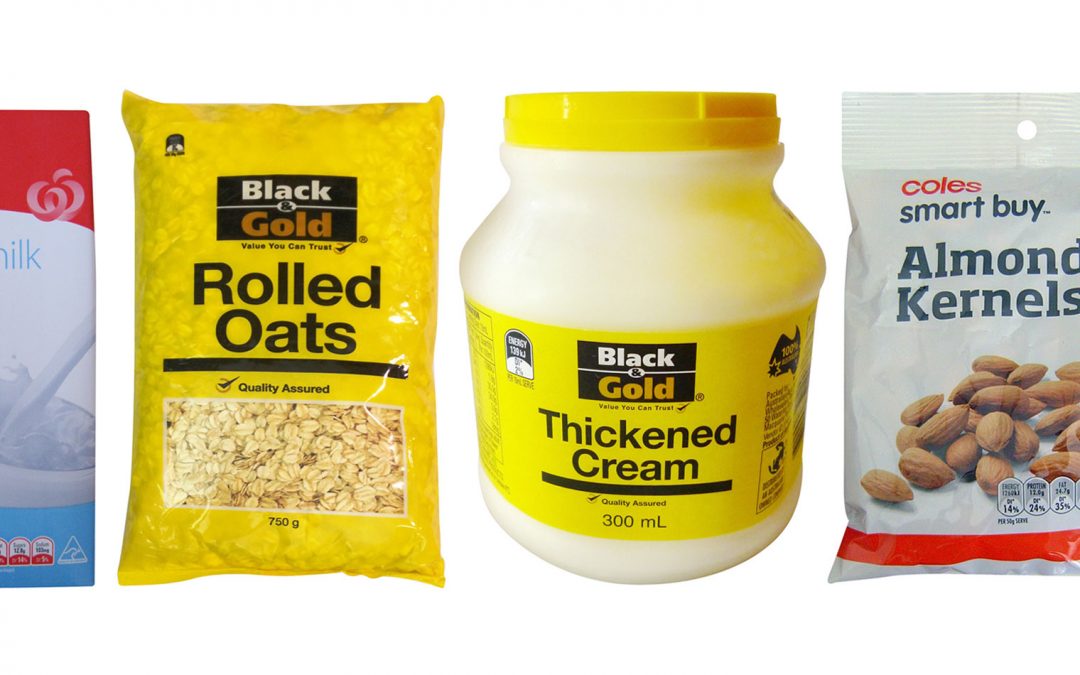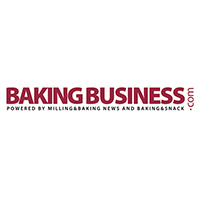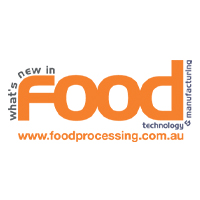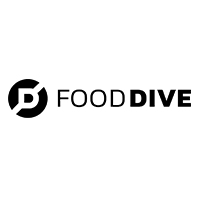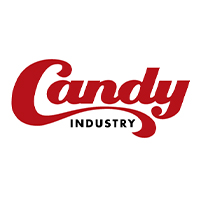Brand name manufacturers are finding increased competition from private labels. You can find more and more companies producing their own private label options on their products. Also known as home brands, store brands, or even “phantom brands,” the private labels have long been known as the inexpensive generic option. Stores like Aldi are built on their private label offerings; the lack of a brand name lowers the price, while keeping store profits high.
Savvy consumers are drawn to the private label products, and consumers are currently benefiting from the increased variety these private label options supply. Stores can offer a large selection of options for all price points. Companies that produce private labels strive to produce a quality equivalent to the national brands, and in some cases, like Costco’s Kirkland brand, the private label brand can develop a loyal following of its own.

An Australian company, Coles, has a five-year plan to increase their private label product range, amounting to up to 40 percent of all their products. The plan includes a renewed focus on quality and innovation. They aim to cultivate a new global presence. Many retailers report increased sales as their private labels grow. Private labels can offer a greater gross margin for companies. They report a larger market footprint among department stores, liquor, and convenience stores. Some global markets offer up to 32 percent of total market private label sales. In Australia and the United States, private label sales represent around 17 percent of overall sales.
Some people are concerned that the rise of the private label will in fact lead to decreased innovation. Large brand name companies may slow their innovations as they fear that private labels will copy their products. Smaller, independent suppliers may find it harder to keep up with the big budgets of major company private labels. This could eventually lead to a decreased variety as small companies struggle. Currently, the variety of selections are up. Prices have decreased as consumers choose private labels over traditional brands. High-quality private label products can be found at much lower prices than the branded items.
If Coles meets their goal of increasing its own product line, the minor brand products will likely be taken off shelves. The major branded items will remain, but the smaller companies may find themselves without stores to sell their products. Grocery stores in Australia are getting smaller as operating costs increase. There simply won’t be shelf room for the smaller players.
Many international companies that offer private labels, like Aldi, Costco, Lidl, and Kaufland, use a global production platform to lower costs. Traditionally Australian markets relied on local manufacturers to produce their private label products. Coles may be forced to produce their products overseas in order to gain a toehold in the global market. Their planned expansion may not produce local jobs. It will produce increased variety in the short run. The long-term effects of this expansion remain to be seen. The ultimate result will depend on the consumer.
All Innova Market Insights material is copyrighted. The terms of use for this resource are contained in our standard Terms and Conditions.
